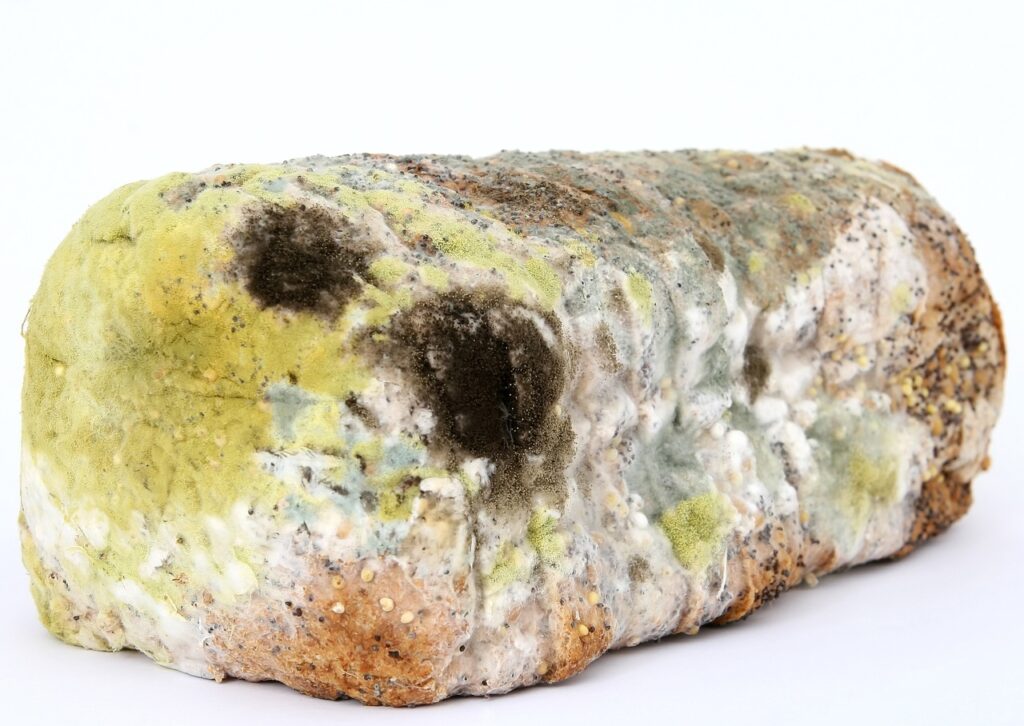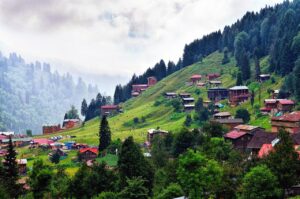When Given, God’s Blessing is to Be Used Completely

In the early stage of their journey in the wilderness, the Israelites reached a point where there was no food readily available. Rather than calling out right away to God for help, they decided to murmur and complain about their situation instead. Yet God still provided for them, and in a way that they were not expecting. God’s blessing is what has been referred to as “angel’s food,” or, as the people called it, “manna.” It was the ‘perfect’ food.
“And when the dew that lay was gone up, behold, upon the face of the wilderness there lay a small round thing, as small as the hoar frost on the ground. And when the children of Israel saw it, they said one to another, It is manna: for they [knew] not what it was. And Moses said unto them, This is the bread which the Lord hath given you to eat.
This is the thing which the Lord hath commanded, Gather of it every man according to his eating, an omer for every man, according to the number of your persons; take ye every man for them which are in his tents. And the children of Israel did so, and gathered, some more, some less. And when they did [measure] it with an omer, he that gathered much had nothing over, and he that gathered little had no lack; they gathered every man according to his eating.
And Moses said, Let no man leave of it till the morning. Notwithstanding they [listened] not unto Moses; but some of them left of it until the morning, and it bred worms, and [reeked]: and Moses was [angry] with them.”
Exodus 16:14-20

Unlike other things they had eaten, manna could not wait and be harvested at a later time. It had to be gathered and processed each morning; otherwise, it would rot or melt away. They only took “every man according to his eating,” (other than on the sixth day on the week) as God had told them. Whatever they collected each day, it was always sufficient, and “he that gathered much had nothing over, and he that gathered little had no lack.”
God’s Blessing Should Not be Saved for the Future
We need to consider God’s blessing in our life in a similar manner. Whether small or great, we are not to delay in using what He has given us. So often, following a period of great need, we have the tendency to ration and store away God’s blessing. We tend to take for granted that what has been distributed will always be there, or at least it will be for an extended period of time.
We succumb to an attitude that either God’s blessing is not going to come to us again, or that He will keep our former shortfall from ever reoccurring.
Some of the Israelites acted in the same way. “Notwithstanding they [listened] not unto Moses; but some of them left of it until the morning, and it bred worms, and [reeked].” Actually, if we do this, we are allowing unbelief to resurface in our hearts. We succumb to an attitude that either God’s blessing is not going to come to us again, or that He will keep our former shortfall from ever reoccurring.
God’s Blessing Should be Used Wisely
As the children of God, we should not only ask of Him for all of our necessities and believe that He will supply, but we must also completely use God’s blessing wisely in return.

When the Israelites gathered the right amount that they had to have of the manna for each day, they used it to satisfy that which they needed most. In this case, it was for the satisfying of their hunger. They didn’t pool it with their neighbors, making one big meal for the whole day, and then grumble about their ravenous appetite the rest of the time. Neither did they barter it with the surrounding nations to get meat or rich delicacies which would have had much less nutritional value.
The Lord does not like to see us hoard that which He freely gives us, and then become complacent or less reliant on Him.
Ultimately, what God desires in all of this is for us to depend on Him for our concerns. He wants us to come before Him continually. The Lord does not like to see us hoard that which He freely gives us, and then become complacent or less reliant on Him. Therefore, let’s cheerfully and generously use with thanksgiving all of God’s blessing.
[Additional image credits: Featured photo (when applicable) by Sixteen Miles Out on Unsplash; Opening image by CCXpistiavos on Pixabay]




